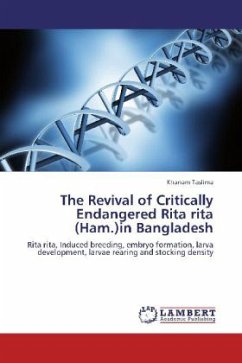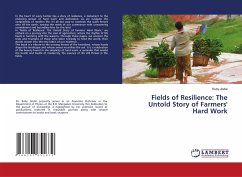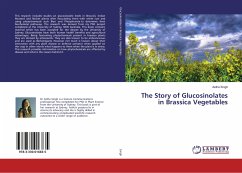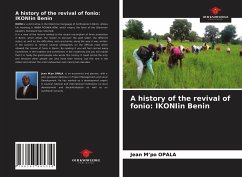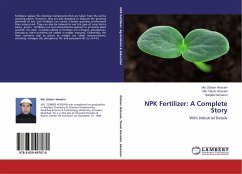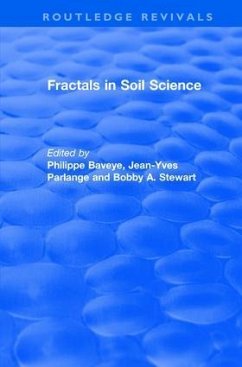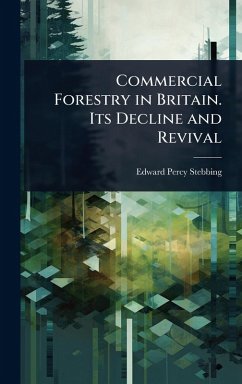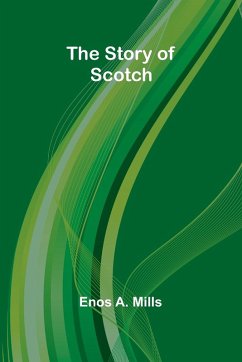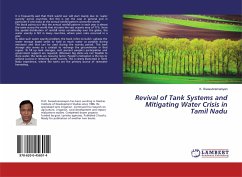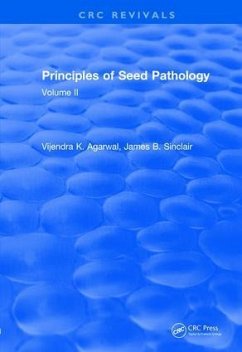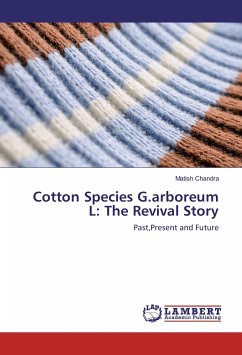
Cotton Species G.arboreum L: The Revival Story
Past,Present and Future
Versandkostenfrei!
Versandfertig in 6-10 Tagen
52,99 €
inkl. MwSt.

PAYBACK Punkte
26 °P sammeln!
In recent times cotton cultivation has become less remunerative primarily for the reason of many fold increase in the input cost.The inherently hardy and less input demanding species of cotton G.arboreum has often been neglected for the lack of fibre quality,as it is not possible to process short staple cotton fibre on high speed modern textile processing machines.This work elaborates the gain recorded,in recent times,in fibre quality of G.arboreum cotton and emphasizes its feasibility and efficiency on new age textile processing machines.The newly evolved quality arboreum genotypes are a good...
In recent times cotton cultivation has become less remunerative primarily for the reason of many fold increase in the input cost.The inherently hardy and less input demanding species of cotton G.arboreum has often been neglected for the lack of fibre quality,as it is not possible to process short staple cotton fibre on high speed modern textile processing machines.This work elaborates the gain recorded,in recent times,in fibre quality of G.arboreum cotton and emphasizes its feasibility and efficiency on new age textile processing machines.The newly evolved quality arboreum genotypes are a good source of medium staple fibre and opens up new vistas for the cotton growers,processor and the consumer.The improved arboreum cotton strains out score the more popular hirsutum cotton,of comparative fibre quality traits,on account of fibre maturity, seed coat neps,dye-uptake etc.In the times when there is a growing concern,all-around,about the deteriorating environment,the species G.arboreum stand good chance to emerge as a potential source of medium staple cotton fibre, as the species has always been a subject of discussion for its inherent resistance towards the biotic and abiotic streses.



